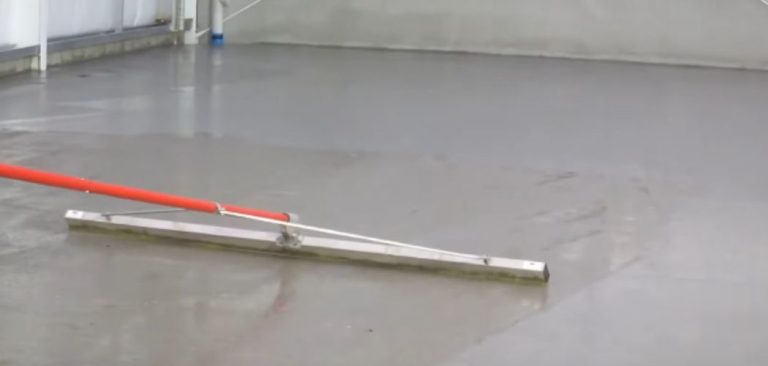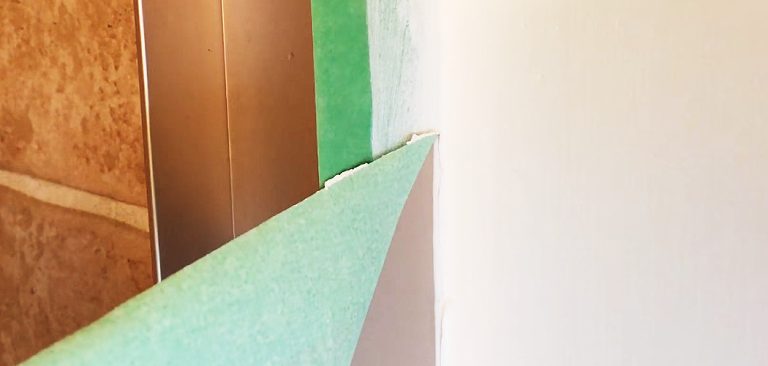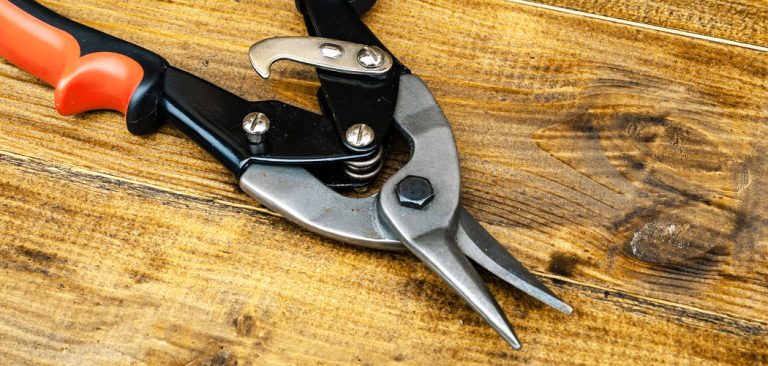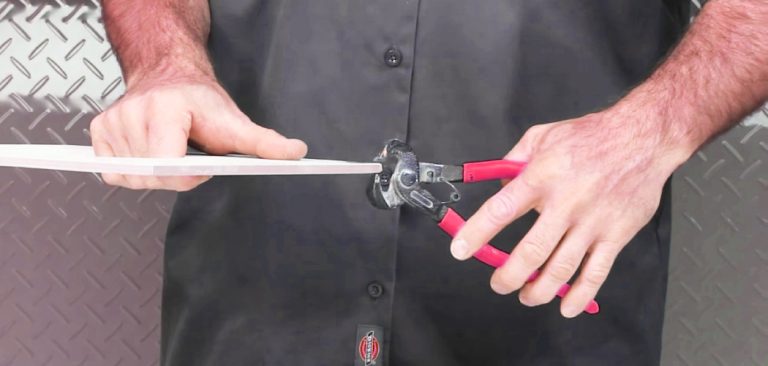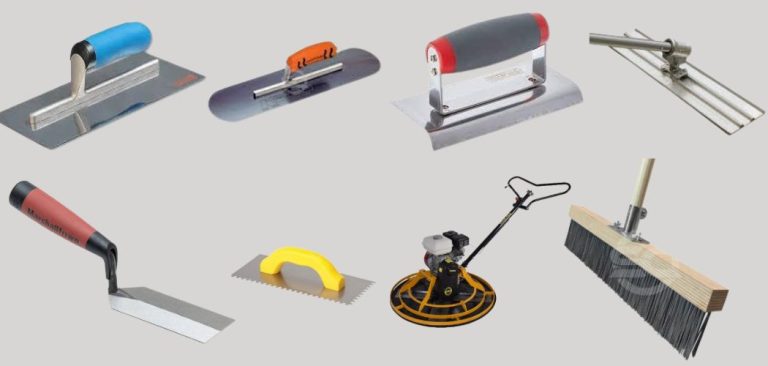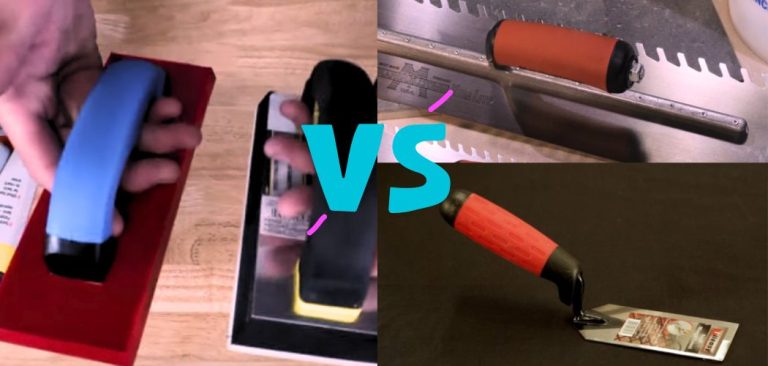Masonry Trowel Types and How to Choose the Best One for Your Project”
In construction and masonry, masonry trowels stand as symbols of craftsmanship, shaping mortar and plaster with precision. As we delve into the myriad types of these versatile tools, we uncover their distinct purposes, from the accuracy of a pointing trowel to the artistry of a pool trowel.
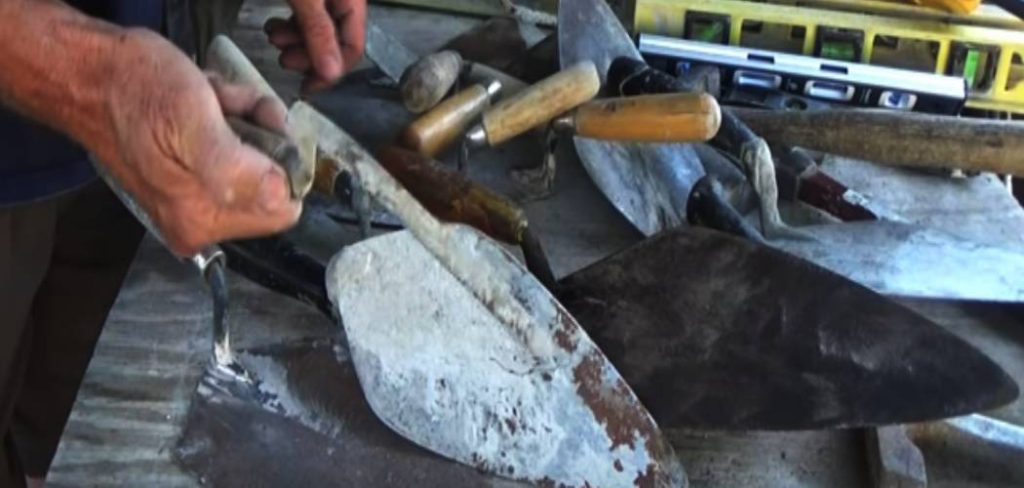
Also, in this article, I will discuss which projects to use masonry trowels and how to get the maximum benefit from using them. Let’s start the main discussion.
What is a Masonry Trowel?
Masonry trowels serve multiple purposes in construction and masonry work. They are essential for spreading mortar evenly on bricks or concrete blocks, aiding in bricklaying and achieving precise alignments.
Trowels also shape and finish concrete surfaces, fill gaps and joints with mortar (pointing), mix mortar, and work in confined spaces. Different types of trowels are designed for specific tasks, contributing to the quality and integrity of construction projects.
Different Types of Masonry Trowels and Their Uses?
Masonry trowels are essential tools used in construction and masonry for spreading, leveling, and shaping mortar or plaster. Various trowels are available, each designed for a specific application. I describe below some common types of masonry trowels and their ideal uses:
Pointing Trowel:
The pointing trowel boasts a triangular-shaped blade with a pointed tip, allowing exceptional precision.

This trowel is ideal for detail work, excelling at filling and finishing mortar joints, applying mortar to small areas, or repairing cracks. Its design offers excellent control in tight spaces, making it an essential tool for intricate masonry work.
Brick Trowel:
A workhorse in masonry, the brick trowel features a rectangular blade that slightly curves upwards at the front end. This design is ideal for laying bricks, blocks, and stones and efficiently spreading mortar over larger areas. The curved front edge aids in lifting and positioning masonry units with ease.
Gauging Trowel:
Versatile and compact, the gauging trowel has a smaller rectangular blade than the brick trowel. It’s used to mix small quantities of mortar or plaster and transfer it to the work area. It is ideal for applying thin coats of plaster or adhesive or performing fine detail work.
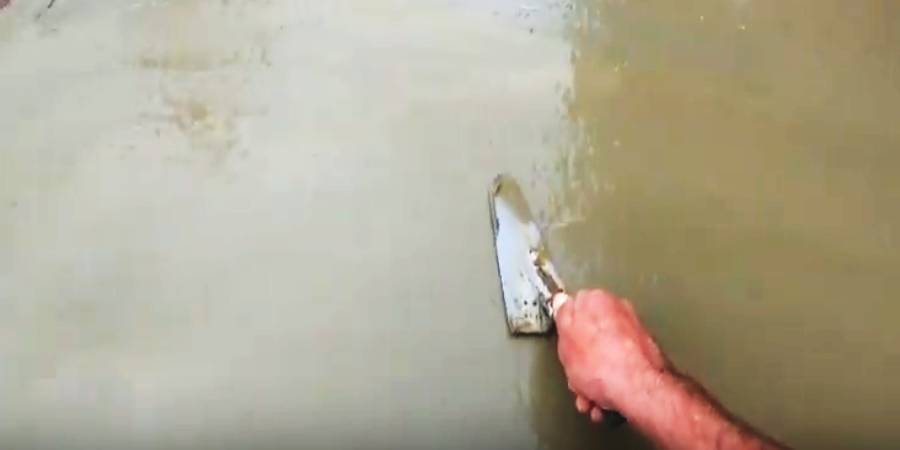
Margin Trowel:
Margin trowels have a narrow, rectangular blade with a pointed tip for precision. They are primarily used for jobs requiring exact control, such as cleaning excess mortar, spreading putty, or applying grout. The narrow blade allows access to tight spaces and corners, making it invaluable for meticulous tasks.
Finishing Trowel:
Finishing trowels come with rectangular or square-shaped blades featuring rounded corners. They are available in various sizes for smoothing and leveling freshly applied mortar or plaster. These trowels are the tool for achieving a smooth, polished finish on walls, ceilings, or floors.
Pool Trowel:
Pool trowels have a rectangular blade with a rounded end, making them ideal for finishing and smoothing concrete surfaces. They are beneficial for concrete work in swimming pools or other flat areas that require a smooth finish. These trowels are typically larger and heavier to withstand the demands of concrete work.

Grooved Trowels:
Grooved trowels have a serrated edge on one or both sides of the blade, creating grooves or ridges. They are designed to apply adhesive or mortar to surfaces before installation, ensuring proper adhesion and improving tile placement. These trowels are essential for achieving a solid bond between tiles and the substrate in tile work.
What things do you consider when you buy a masonry trowel?
When purchasing a masonry trowel, several key factors must be considered to ensure you choose the right tool for your specific needs. I have discussed some important points below, which you can review to make the right decision.
Project Type:
Based on the type of project, which trowel is ideal for which job is given?
- Pointing Trowel: Detail work, mortar joints, repairs.
- Brick Trowel: Laying brick blocks and applying mortar.
- Gauging Trowel: Mixing and transferring small amounts.
- Margin Trowel: Cleaning, spreading, and applying grout.
- Finishing Trowel: Smoothing, leveling mortar, plaster.
- Pool Trowel: Finishing concrete surfaces.
- Grooved Trowels: Applying adhesive mortar for tiles.
Blade size:
Trowels come in various blade sizes, ranging from about 4 to 12 inches in length. The size you choose depends on your project’s scale and the precision required. Larger blades cover more surface area, allowing for faster work, while smaller blades are ideal for complex or detailed work.
Blade Material:
The blade of a masonry trowel is usually made of carbon steel or stainless steel. Carbon steel blades are strong and durable but require regular maintenance to prevent rust. Stainless steel blades are rust-resistant and require little maintenance, making them popular for many users.
Blade shape:
Different trowel blade shapes are suitable for specific applications. Rectangular or square-shaped blades are generally used for general masonry work and finishing. Pointed or triangular blades are ideal for tasks that require precision and access to tight spaces, such as pointing or repair work.
Handle Design:
Trowels usually have a handle made of wood, plastic, or rubber. The handle should be comfortable to grip and provide reasonable control during use. Consider the ergonomics, grip, and durability of the handle material when choosing.
Weight and Balance:
The weight and balance of the trowel can affect your comfort and control while working. Some users prefer lighter trowels to reduce fatigue during extended use, while others prefer heavier trowels for increased pressure and better mortar spreading.
Brand and Quality:
It is essential to choose a reputable brand known for manufacturing high-quality equipment. Look for trowels from trusted manufacturers with a history of producing reliable masonry tools. Reading customer reviews and asking for recommendations can help you evaluate the quality and performance of different brands.
User Reviews:
Reading reviews from other buyers can provide valuable insights into the performance and reliability of different trowels. Consider the experiences of other users before making your decision.
Price:
Consider your budget when purchasing a masonry trowel, but also remember that a high-quality trowel investment can provide better performance and durability in the long run. Cheap trowels can wear out quickly or perform poorly, leading to additional costs and frustration down the line.
By considering these factors – Project Type, blade material, size, shape, handle design, weight and balance, brand and quality, and price – you can make an informed decision when purchasing a masonry trowel that suits your specific needs.
What is the Difference Between a Margin Trowel and a Pointing Trowel?
With its flat, rectangular blade, the margin trowel proves invaluable in reaching tight spaces and working along edges where a larger pointed trowel wouldn’t fit. Its versatility extends to various general masonry tasks, making it an essential tool on construction sites.
On the other hand, while similar in size, the pointing trowel showcases a pointed blade with rounded sides, perfect for delicate and intricate work. Its finesse shines when repairing crumbling mortar joints and filling small cavities, ensuring precision in these critical masonry tasks.
FAQs
What is the Main Application of a Pool Trowel?
The main application of a pool trowel is in the art of finishing concrete surfaces. Its rounded-end rectangular blade delicately smooths wet concrete, creating a seamless, velvety texture.
The pool trowel glides effortlessly, ideal for tasks like constructing swimming pools or patios, leaving behind no harsh lines or imperfections. Its expertise transforms ordinary slabs into architectural works of art, instilling confidence in its wielder as a maestro of concrete finishing.
How Do Grooved Trowels Assist in Tile Installation, and Are They Necessary?
Grooved trowels, also known as notched trowels or notched spreaders, are essential for tile installation. They assist by spreading tile adhesive with grooves, allowing air to escape when tiles are pressed into it.
This ensures proper adhesion and alignment during installation. The grooved design helps distribute adhesive evenly, preventing air pockets and ensuring tiles adhere securely to the surface. This results in a professional and durable finish, providing both visual appeal and long-lasting tile installations.
Conclusion:
Masonry trowels, essential tools for construction and masonry, shape mortar with precision. Fulfills various specific tasks, from pointing to pool trowels for concrete finishing. I have presented it through sufficient research. Also, if you have any different opinions, let me know through the comment box below.
Read also:-
What to Use Instead of a Grout Float

